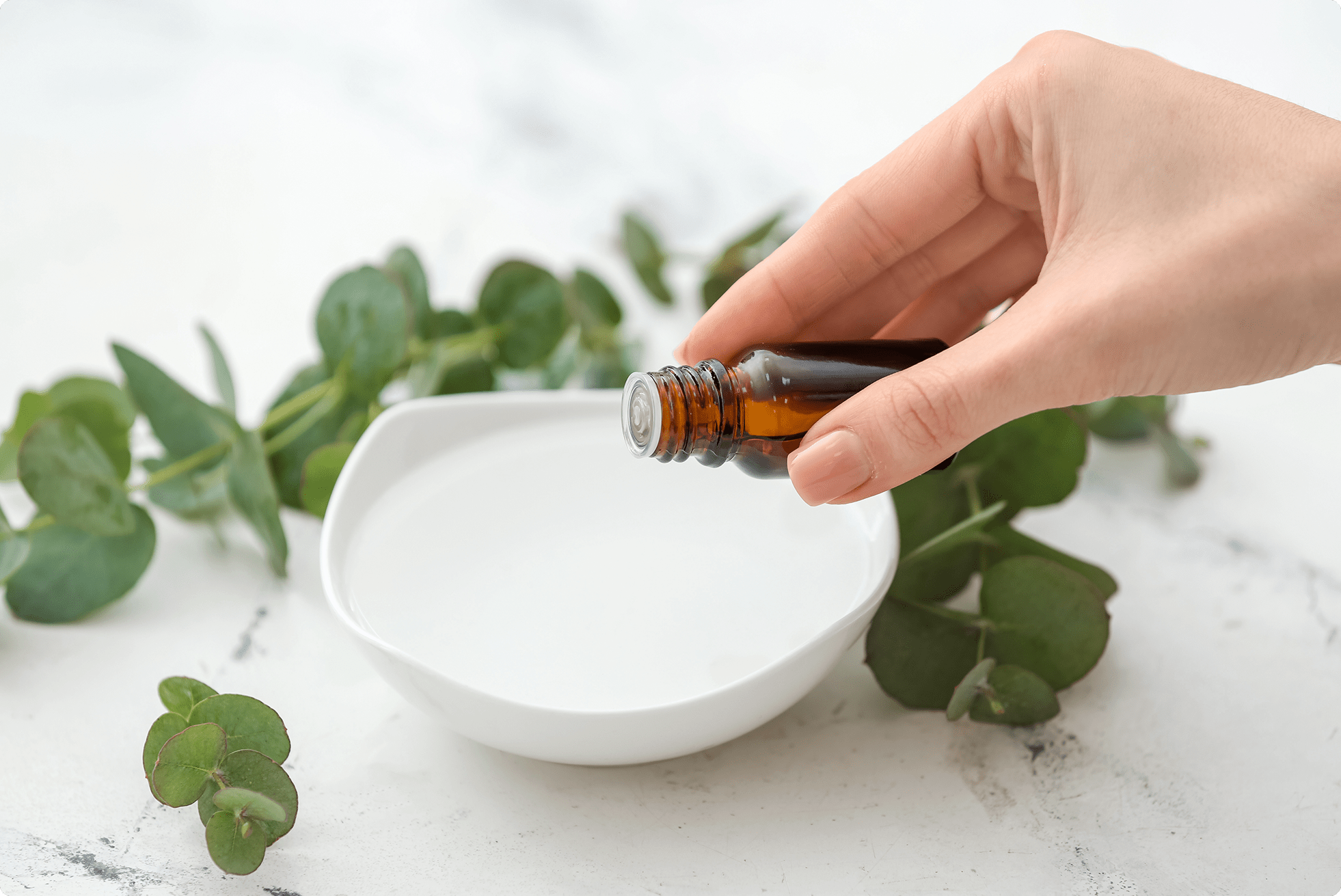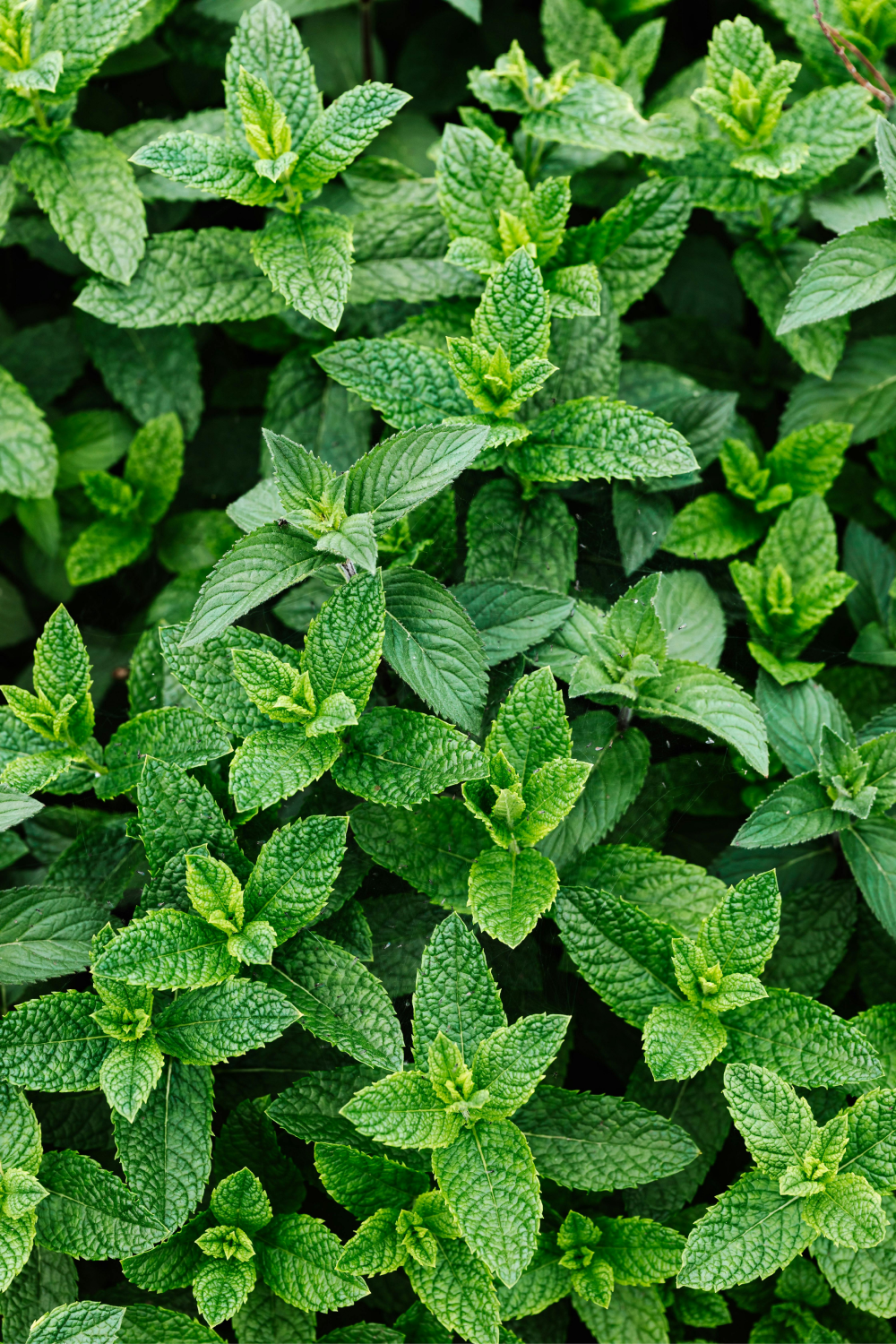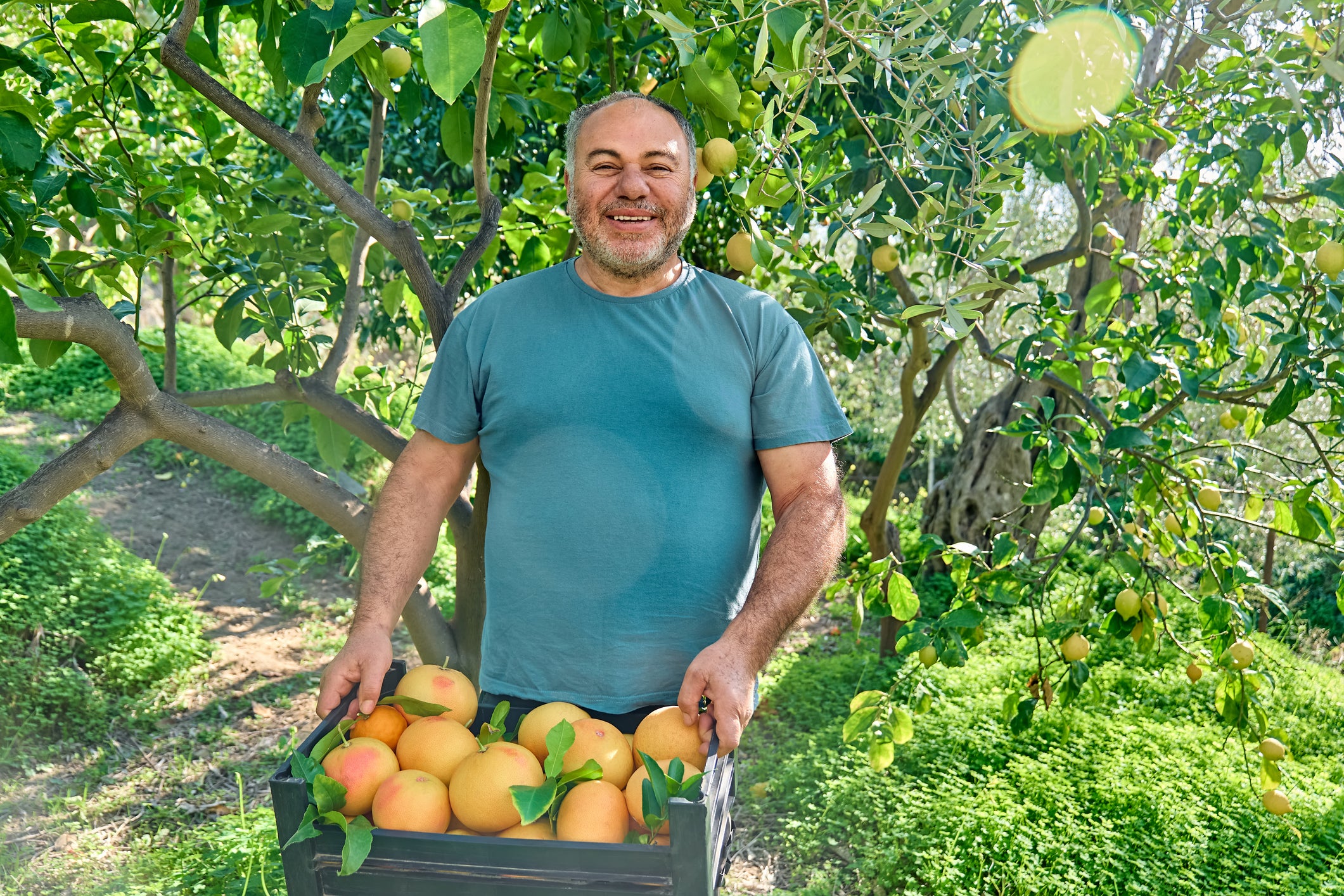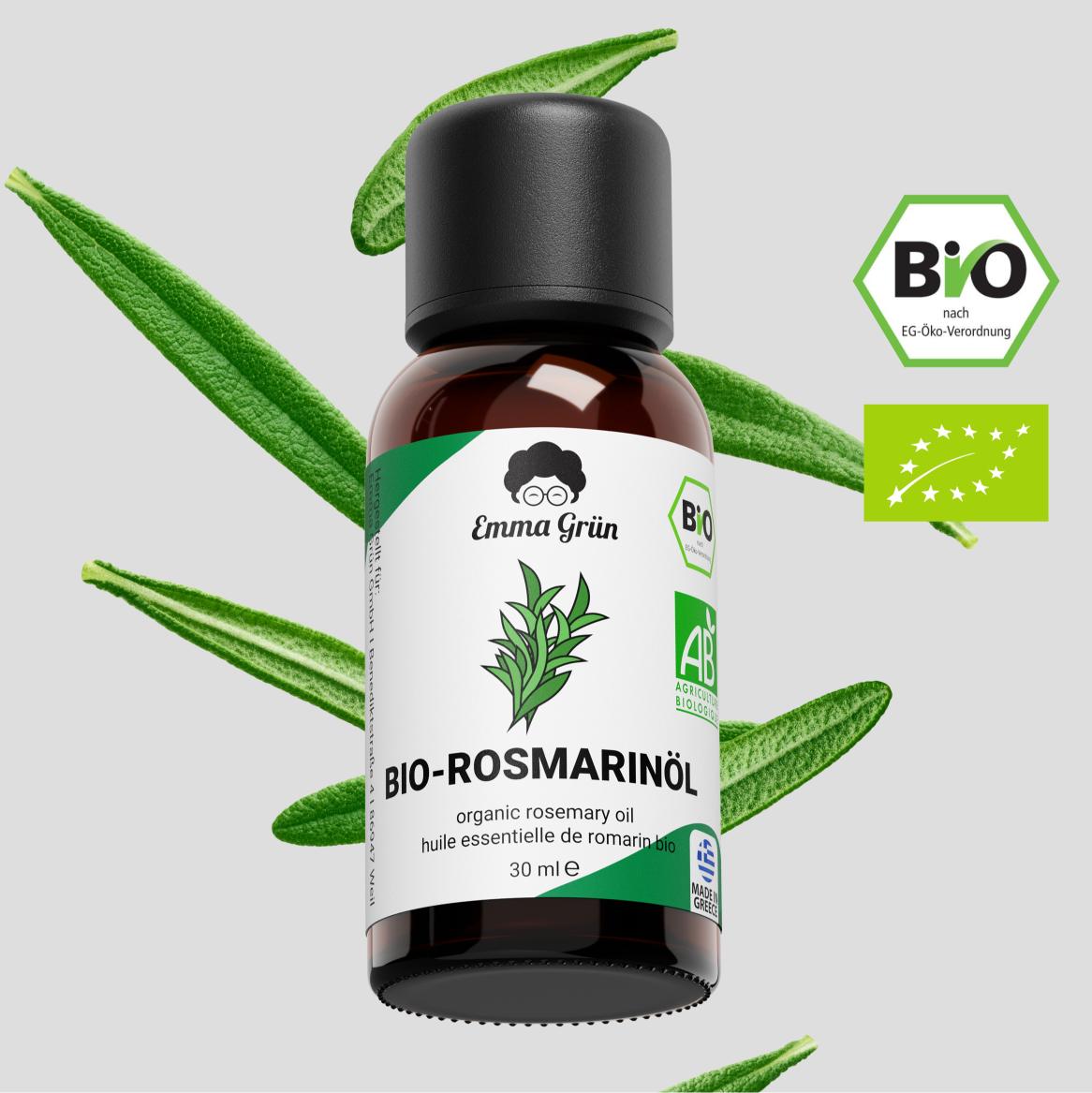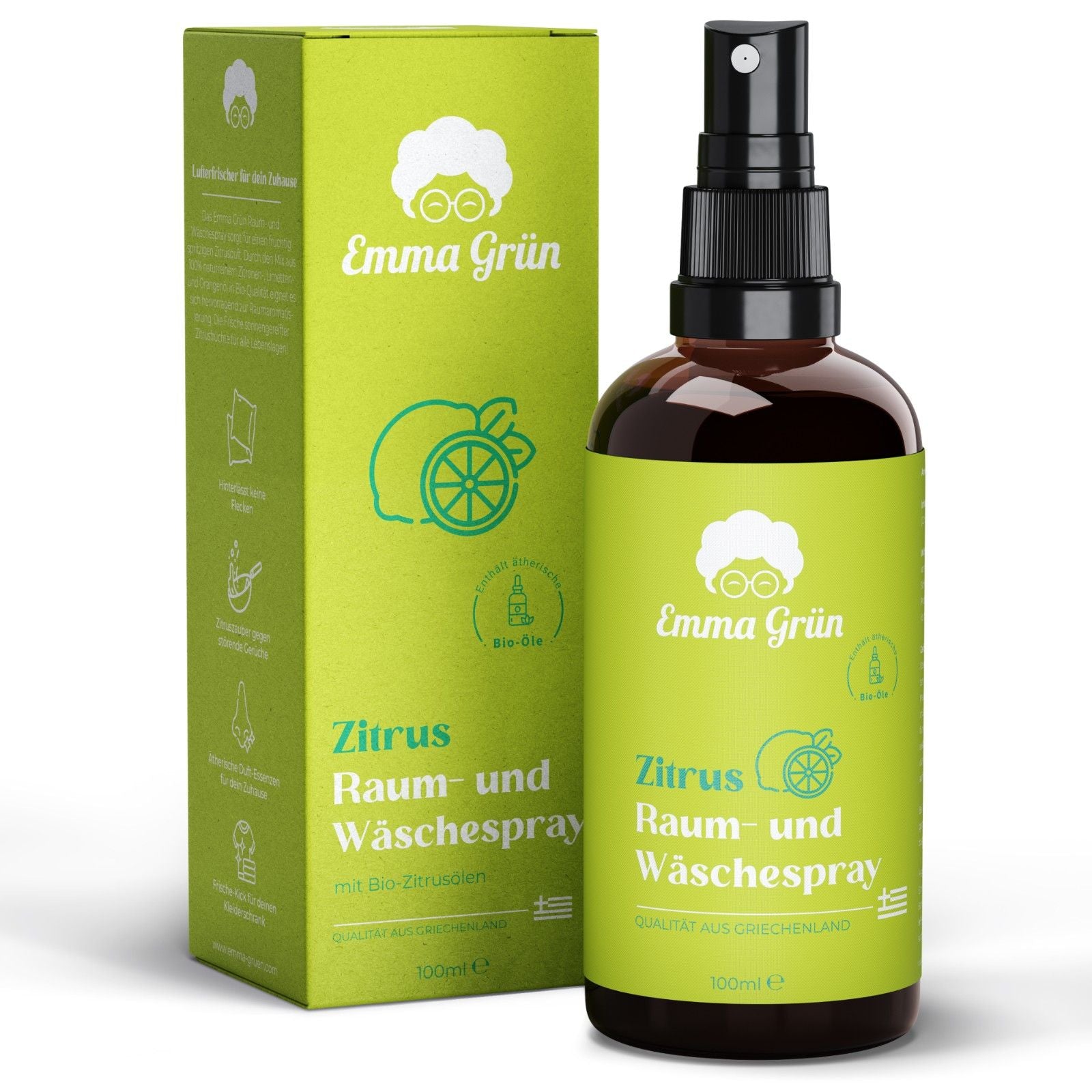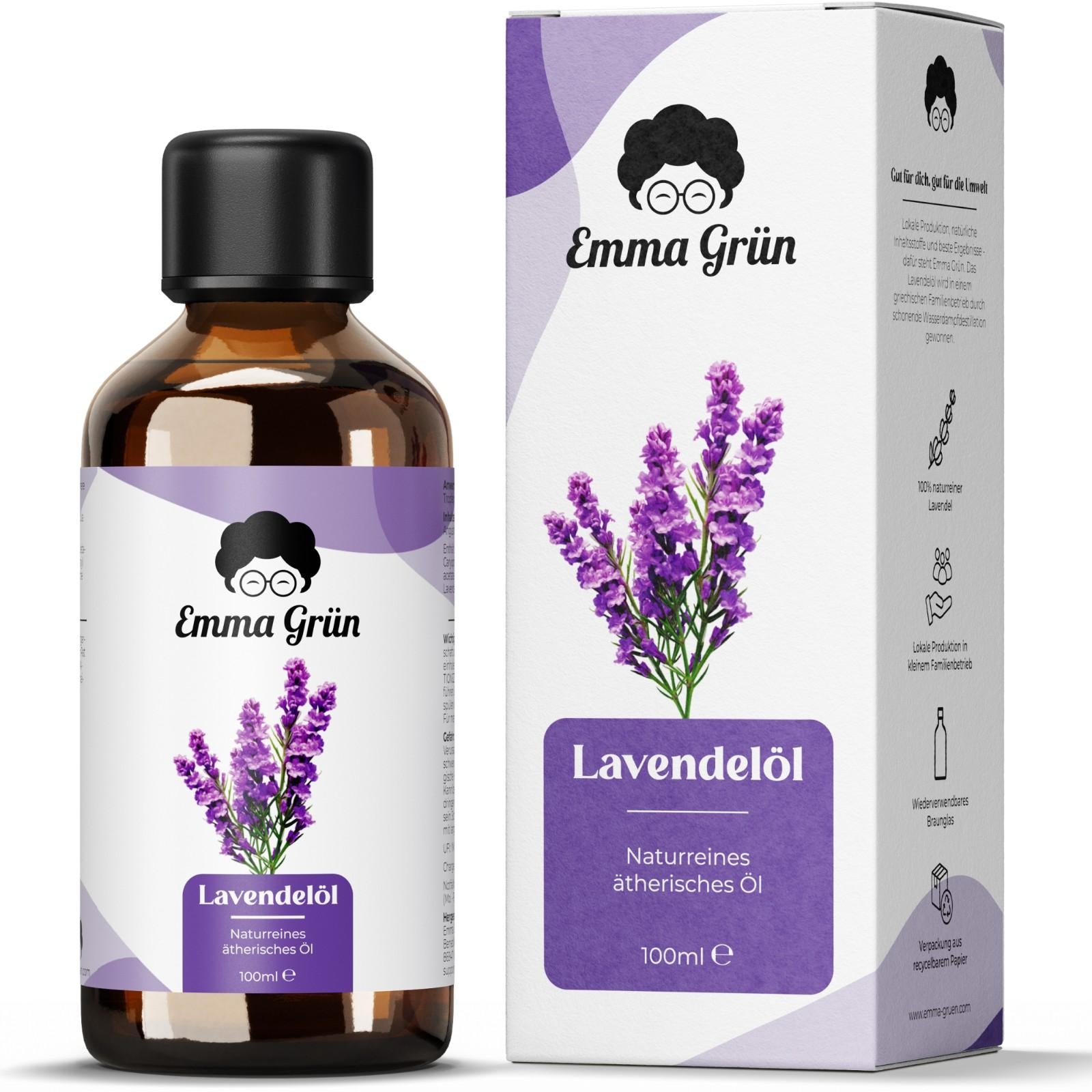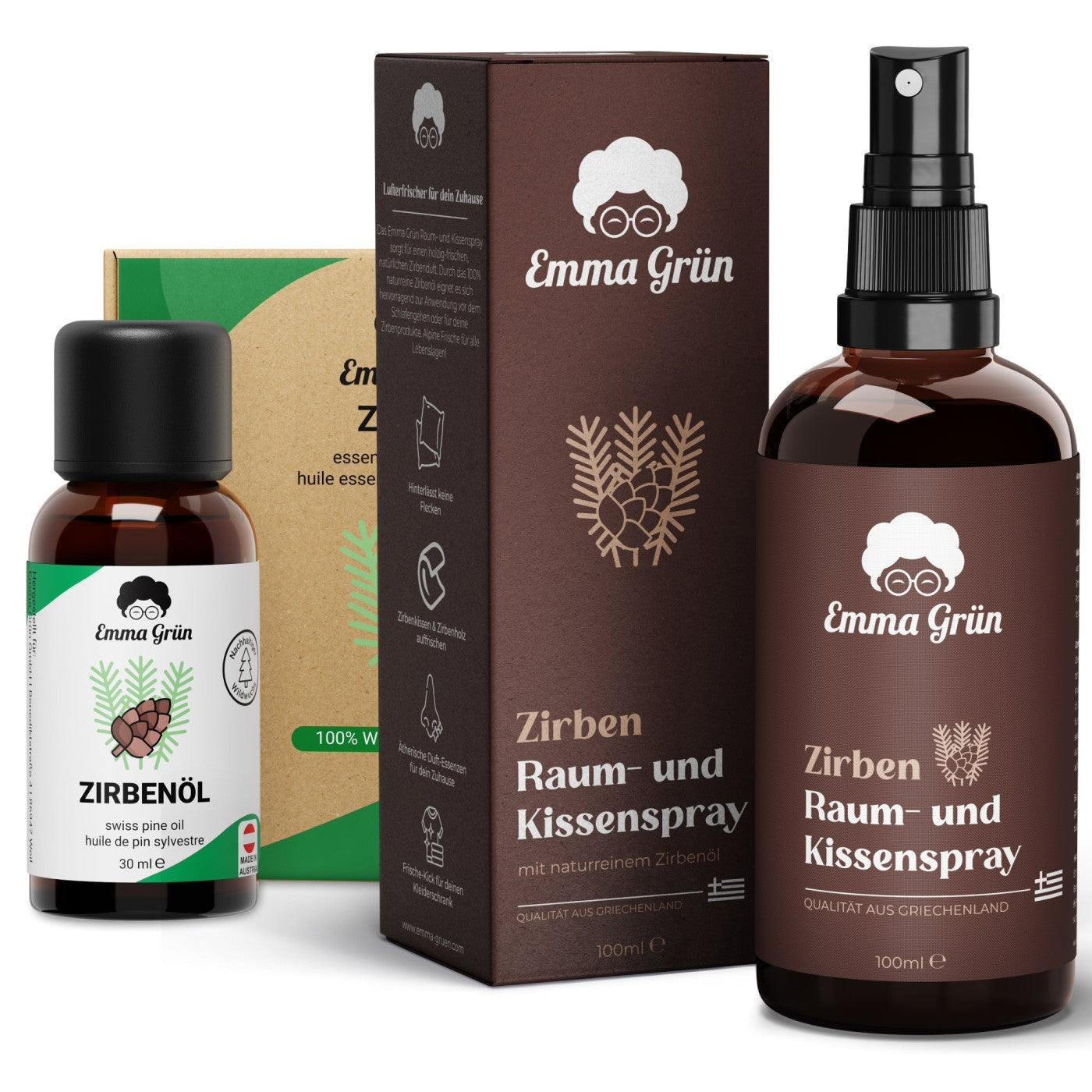Peppermint: A gift from nature with many benefits
Peppermint is one of those plants that is highly valued by many people due to its aroma and versatile properties. It is also highly valued in the kitchen in many cultures. With its refreshing scent and taste, it gives countless dishes, desserts and drinks a special touch. From aromatic teas to spicy sauces to sweet treats: the uses of peppermint are almost limitless.
But what makes the herb so unique and how can it be used in the kitchen? This is exactly what we want to clarify in the following lines. You will also learn how to make peppermint oil yourself, how fresh peppermint differs from essential oil and what you should look out for when buying high-quality products.
Peppermint: Characteristics
Peppermint is a true wonder of nature and is characterized by a variety of fascinating features and characteristics.
- Aromatic scent and taste:Peppermint exudes a refreshing, minty aroma that is instantly recognizable among thousands. Its flavor is intense, cooling and slightly sweet, making it a popular ingredient in cooking around the world.
- Dark green leaves:The leaves of peppermint are dark green, oval in shape and slightly serrated.
- Purple flowers:During the flowering period, peppermint develops small purple inflorescences that are not only pretty to look at, but alsoAttract bees and other pollinators.
- Robust growth conditions:Peppermint is a hardy plant that thrives in different climates.prefers sunny to partially shaded locations and well-drained soils.
- Rapid growth:One of the most remarkable features of peppermint is its rapid growth. It likes to spread and form underground runners, which means that entire peppermint gardens can be created in a very short time without human intervention.
The characteristics mentioned make peppermint an aromatic culinary herb that is easy to propagate and, what’s more, beautiful to look at.
Peppermint: active ingredients and properties
In the culinary world, peppermint is much more than just a herb that gives drinks a refreshing aroma. Its unique, active ingredients make it a real highlight in the kitchen. At the top is theMenthol, known for its cool, fresh tastethat takes dishes and drinks to a whole new level. But that's not all. Peppermint also containsMenthone, which provides a more intense aroma, as well asLimonene, which adds a light and fresh note with a citrus undertone.
This combination of active ingredients makes peppermint a versatile culinary herb. Whether you want to prepare a refreshing summer drink, refine a spicy sauce or give your dessert a special touch: peppermint gives every dish and drink a unique aroma. Its active ingredients help to expand the range of flavors and ensure an unforgettable culinary experience. Peppermint is therefore an indispensable ingredient in creative recipes that enrich your kitchen.
Peppermint oil vs. fresh peppermint: similarities & differences
Peppermint oil and fresh peppermint are two variations of the same refreshing flavor that can be used in cooking. They have some similarities, but also some key differences that we have taken a closer look at.
Similarities:
- Minty aroma:Both peppermint oil and fresh peppermint add a distinctive aroma to dishes that is refreshing and invigorating.
- Cooling effect:Both variants have a cooling effect on the palate, which is appreciated in drinks, desserts and dishes.
- Versatile use:Peppermint oil and fresh peppermint can be used in a variety of recipes to add flavor and aroma.
- Popular herb:Both peppermint oil and fresh peppermint are popular ingredients in the culinary world and are used equally in sweet and savory dishes.
Differences:
- Concentration:The biggest difference is the concentration of the flavors. Peppermint oil is extremely concentrated because it is obtained through distillation. Fresh peppermint, on the other hand, is less concentrated and can be used in larger quantities.
- Dosage:Due to the high concentration of peppermint oil, it should be used very sparingly. Just one drop can produce an intense flavor. Fresh peppermint usually requires larger amounts to achieve the same effect.
- Application:Peppermint oil is particularly suitable for flavoring chocolate, baked goods and drinks. Fresh peppermint is often used in salads, sauces and desserts, where its leaves also serve decorative purposes.
- Durability:Peppermint oil has a longer shelf life than fresh peppermint. It stays fresh longer and retains its aroma, while fresh peppermint spoils faster.
Because of their different physical states, peppermint oil and fresh peppermint offer different culinary possibilities. Therefore, the choice depends on your specific culinary intentions and your personal taste.
How can you make peppermint oil yourself?
The production of pure peppermint oil using steam distillation is a fascinating process that requires patience and care. This production method is usually too laborious for home use and is therefore rarely practiced.
OneA simpler method for home use is the cold extraction method. You place the chopped leaves in a carrier oil such as olive oil or almond oil and leave the mixture to steep in a dark, cool place for a few weeks. During this time, the peppermint leaves release their essential oils into the respective carrier oil. After the mixture has steeped, the oil is filtered. The result is an aromatic peppermint oil that you can use to refine various homemade creations and salads.
Buying peppermint oil: What you should pay attention to
Would you like to buy peppermint oil and benefit from its refreshing aroma and its many uses? Then we have a few tips for you that you should take to heart.
1. Purity and quality:Make sure that the peppermint oil is of high purity and quality. Look for terms such as "100% pure peppermint oil" or "Food certified“. This guarantees that the oil does not contain any additives or contaminants.
2. Origin:Find out about the origin of the peppermint oil. High-quality peppermint oil often comes from countries such as Greece, the USA, England or southern Germany, where the plant is grown under optimal conditions.
3. Organic certification:Organic peppermint oil is an excellent choice because itis produced without the use of pesticides or chemical fertilizers. Look for the organic seal on the product.
4. Type of peppermint:There are different types of peppermint, including classic spearmint and curly mint. You can choose the right variety depending on your intended use and personal taste.
5. Labelling and packaging:Check the label on the product. Itshould contain information on the purity, origin and type of peppermint. The oil should also be stored in adark glass bottlebottled to protect it from light and heat.
6. Prize:High-quality peppermint oil is often a little more expensive than run-of-the-mill products. At the end of the day, it's worth investing in quality. Because only with a purely organic product can you use the plant's excellent properties to your advantage.
7. Customer testimonials:Read customer reviews and testimonials to learn more about the quality of a particular manufacturer’s peppermint oil. This can help youhelp you make an informed decision.
8. Intended use:Think about what you want to use the peppermint oil for. For culinary use, look for oils that are labeled safe for consumption.
If you pay attention to purity and quality when buying, peppermint oil can be a wonderful addition to your kitchen. If you want to learn how else you can use peppermint essential oil, then you should not miss it,to visit our blogBecause peppermint oil is more versatile than you might think.









 Natalie,
Natalie,  Sarah und über 205.000+ Andere lieben Emma Grün.
Sarah und über 205.000+ Andere lieben Emma Grün.




